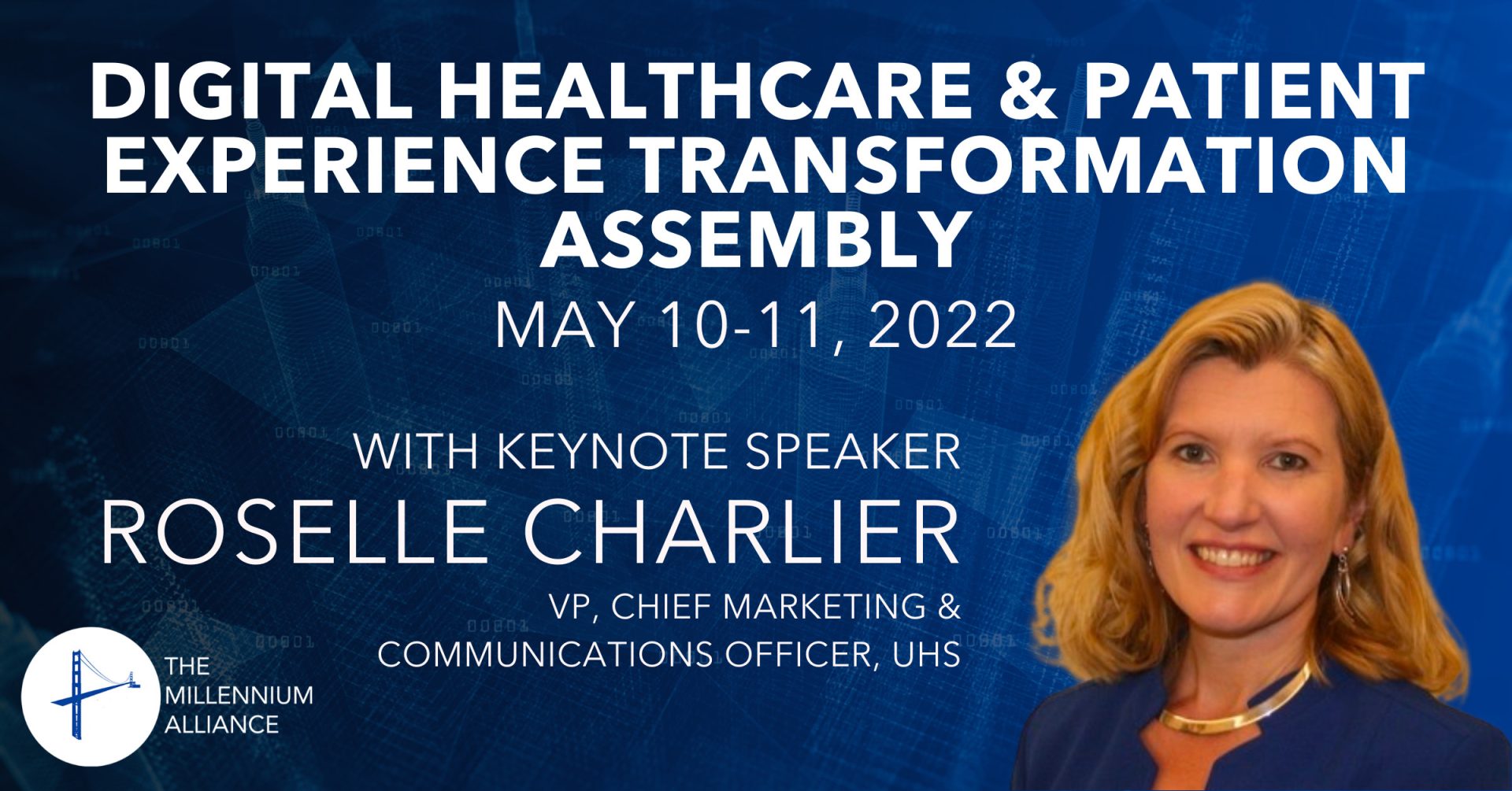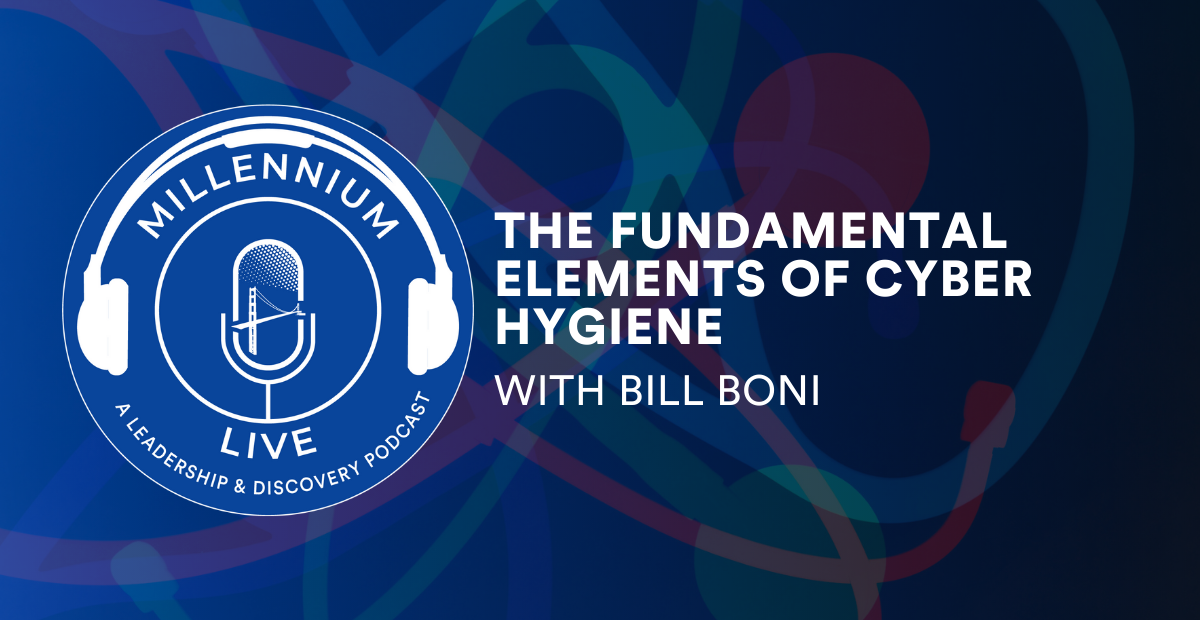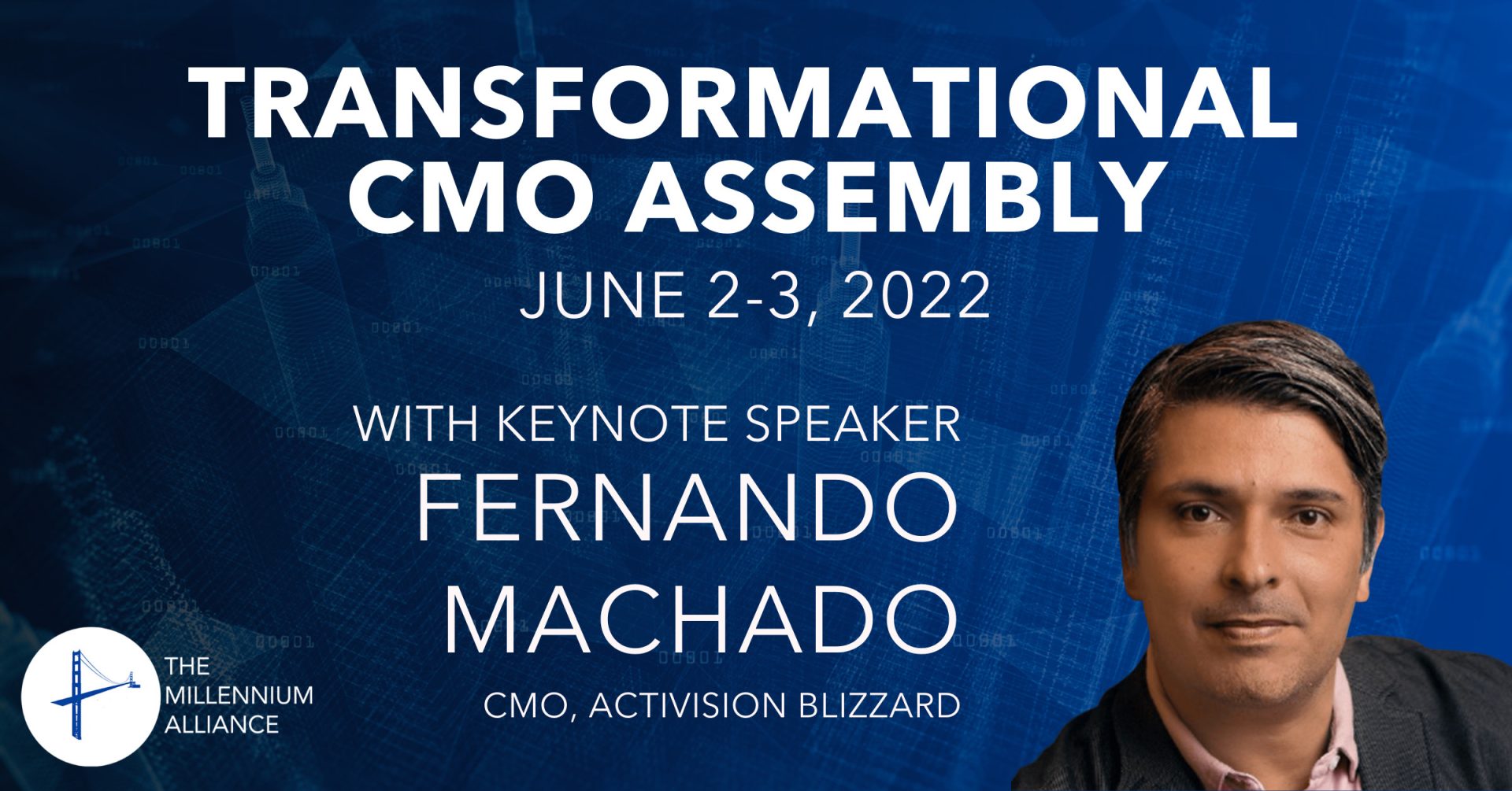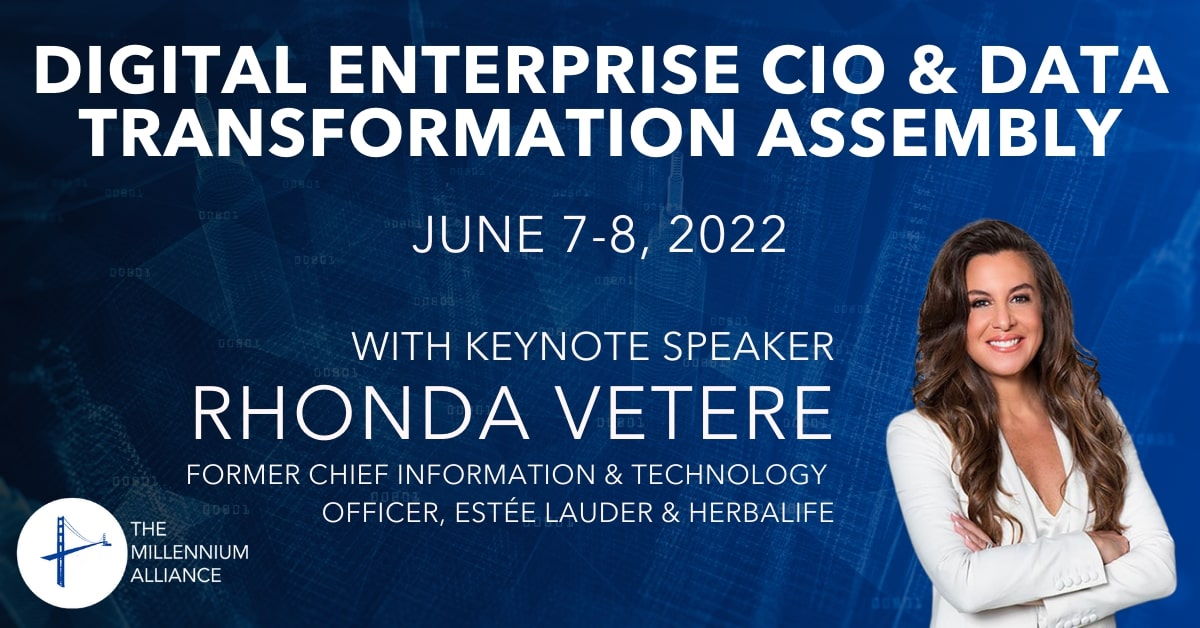Contributed by Alicia Cheung of Rangle.io
Digital transformation initiatives are — or should be — changing the way customers interact with private banks in 2022. This is forcing firms to rethink their organizational capability relative to other players in the competitive landscape. And the combination of a strong roadmap for the change journey balanced with pragmatic optimism is how they get there.
One of the reasons why banks’ digital transformation strategies fail is because they still run on tightly coupled technical systems. When you have a tightly coupled frontend and backend architecture, it becomes challenging to scale applications, limits business innovation opportunities, and affects the organization’s overall operational efficiency.
What does technology have to do with customer experience? In the digital era, everything. Early in banks’ transition to offering digital services, the IT function was merely a support group, and as much focused on internal operations as they were on customer-facing applications. Now, digital is your business, but the integration of the digital group and the business decision-makers is still lagging behind thanks to this outdated mindset. The key to delivering exceptional customer experiences for banks in this decade will be integrating business and technology strategies to serve the interests of users, not the intuition of banking executives.
Digital transformations fail when banks fail to put the customer first
Having dated technical systems is not the only barrier banks face when it comes to digital transformation. Organizations also risk losing their brand identity when they do not put their customers first while embarking on the digital transformation journey.
Take Starbucks, for example – its in-store customer experience has been on a decline over the last few years, largely due to the COVID-19 pandemic (among other factors). A recent Fast Company article noted that 80% of Starbucks’ transactions in 2019 were to-go orders, and one-fifth of orders were being placed through the mobile app.
While its mobile app has made Starbucks one of the largest “banks” in the US, it was at the expense of losing its brand identity. The industry-leading coffee chain as a bank, albeit an unconventional and unregulated one compared to traditional banks, is largely due to the success of its stored value cards, its mobile app, and its successful loyalty program – millions of Starbucks customers preload funds onto their Starbucks card before making purchases, lending the company more than $1 billion at no interest.
The brand used to position itself as “the third place” – a spot between home and work where customers could gather, and seek comfort and community over a good coffee. But with the acceleration of digitizing the coffee experience, the communal nature of the cafes started to erode along with Starbucks’ brand identity. As Starbucks becomes more like a bank, it becomes less like the urban refuge it used to be.
Today, customer experience has become just as important as financial institutions’ products and services. Not only on the technical side but from a marketing and operations standpoint, too – many CMOs and CFOs have shifted from a product-focused approach to a customer-focused strategy.
When organizations harness the right technology and focus on the customer first, they gain a significant competitive advantage: the customer’s trust.
The future state of banking is all about high-touch, high-tech banking experiences
According to Forrester’s Global Private Banking Trends In 2021, customers now want high-touch, high-tech private banking experiences – this is the future state of digital banking experiences. The most successful organizations follow Forrester’s four domains of digital business: digital experiences, digital operations, digital innovation, and digital ecosystems.
Customers want experiences that are easy, effective, and emotional. When we think of Starbucks, its mobile-first digital experience is easy and effective, however, the emotional connection between the customer and barista, or even the customer and the physical store, has dwindled along the way.
Banks can improve customer experience by expanding digital touch-points to connect with their clientele. By leveraging personalization and offering products and services with high-touch interactions for customers, organizations can drive deeper customer engagement and loyalty. Moreover, banks must rethink innovative and efficient ways to streamline their processes. For example, client onboarding processes can be digitized (taking the ‘paper’ out of paperwork, for example) to make way for more meaningful customer interactions – this helps in reducing opportunity costs and more importantly, driving better returns.
Focus on creating branded experiences to bring value to customers
Traditional banking is no longer sufficient. Customers want mobile-friendly experiences, personalization, and omni-channel capabilities. However, one thing to note is that customers still prefer human advisors over digital tools, according to Forrester. But since customers now emphasize the need for high-touch, high-tech private banking, digital transformation allows for opportunities to integrate digital and physical experiences and create an elevated and unmatched branded experience.
Toronto-based fin-tech Wealthsimple is a strong leader when it comes to creating branded digital experiences while simultaneously bringing high value to customers. They pride themselves on being the “world’s most human financial company”, marketing and catering to young investors and millennials. Wealthsimple offers high-touch and high-tech online banking with a quick and easy to use website and app, free of financial jargon. Despite being a 100% online financial tool, the organization maintains strong advisor-customer relationships – their financial advisors are always available when customers need them. In 2019, Wealthsimple acquired SimpleTax, a Canadian tax preparation service that makes preparing and filing tax returns quick and easy.
[QUOTE] “We both set out to empower people with simple, honest, and transparent financial tools. Together, we can have an even greater impact.” – Jonathan Suter, Co-founder and CEO, SimpleTax, Wealthsimple Acquires Tax Software Company SimpleTax
Banks need to reconsider how they will bring digital value to their customers — it’s all about adopting the right technology and blending it thoughtfully with current technology. For banks to get ahead as industry leaders, it’s not too late to start building and improving modern digital solutions.
Take a service design approach to understand customer and associate journeys
Successful banks embrace digital and human capabilities. According to Capgemini’s 2022 Retail Banking trend report, customers want banking to fit within the context of their day-to-day activities – customers expect their banking interactions to be simple, intuitive, and connected across their physical and digital environments. In order to do so effectively, banks must consider ways to provide better experiences for both customers and associates.
[QUOTE] “If the people who are serving the customer are not happy, committed, and passionate about what they’re doing, the whole experience is going to suck.” – Jeffrey Hollender, Cofounder of the American Sustainable Business Network and former CEO of Seventh Generation, What happened to Starbucks? How a progressive company lost its way
At Rangle, we’ve taken a service design approach to help clients design thoughtful experiences while keeping both the customer and associate journeys in mind. When you put the customer experience at the heart of your transformation, everything else will fall into place.
Build platforms and partnerships to accelerate and scale
Once organizations understand the customer and associate journeys, partner with a firm that can help design thoughtful experiences. How can you add value to every customer interaction?
Banks should also focus on enriching the advisor-client experience – understanding and optimizing the advisor-client experience is the key to success, and helps inform a customer-centric marketing strategy. When onboarding new customers, private banks should prioritize the time spent building strong, positive customer relationships instead of filling out paperwork.
At the end of the day, digital interfaces should be easy to use for both advisors and customers so that they can focus on decision-making and larger banking questions.
Looking ahead
Digital is changing the nature of the banking industry. When banks shift their mindset to innovate at the intersection of business and technology while focusing on the customer, they can successfully build platforms and partnerships, and accelerate and scale.
It’s important to remember that digital is your business, and technology has everything to do with customer experience. Banks need to seamlessly integrate the digital teams and the business decision-makers, because when they integrate business and technology to bring value to the customers, they hold the key to delivering excellent digital experiences.
This article was created in partnership with Rangle.io, a digital consultancy based in Toronto. Rangle partners with enterprise organizations to solve their most complex technical and strategic challenges. Their expert teams work with clients in two ways: 1) Advisory engagements to produce actionable, results-oriented roadmaps for their client’s most pressing problems; and 2) Product engagements to co-create digital experiences while enabling the acceleration of scale and pace for client organizations. Get more insights from Rangle on their blog









